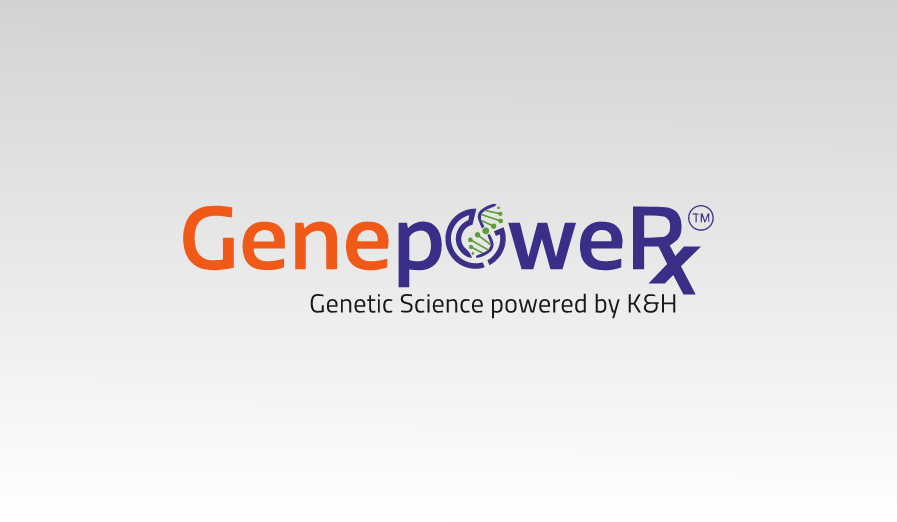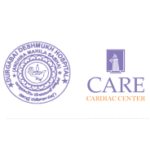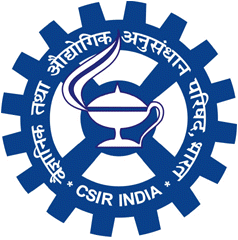Treatments Focus
Cancer Risk Assessment for Brain Cancer

A brain tumour is an abnormal growth of cells in your brain. In India, the incidence of brain and central nervous system tumours range from 5 to 10 per 1 lakh population.
Brain tumours can be dangerous as they put pressure on other healthy parts of the brain. Compared to tumours that originate in the brain, metastatic brain tumours occur as a result of those cancers that spread from other organs/locations of the body to the brain. An estimate of about 40% of all cancers spread to the brain.
All brain cancers are tumours, but not all brain cancers are tumours. Noncancerous brain tumours are called as benign brain tumours. They tend to grow slowly. Whereas, a malignant brain tumour is a cancerous growth in the brain. They grow rapidly and invade to surrounding healthy structures of the brain.
Recent genome advancements have made it possible for prediction of brain cancers and understanding the risk percentage of brain cancer by analysing individual’s gene make up and family history.
Risk Factors of Brain Cancer
Factors that increase the risk of brain cancer include:
- Age: Common in children and adults over the age of 65 and above
- Gender: Men are more likely to develop than women, like medulloblastomas. While, certain cancers are twice likely to develop in women like meningiomas.
- Exposure to infections, viruses, and allergens (Infections with Epstein-Barr virus, cytomegalovirus, skin conditions and other allergies)
- Genetics: Family history (inherited conditions)
- Workplace exposure to certain chemicals (Exposure to pesticides, oil products, rubbers, solvents or vinyl chloride)
- Compromised immune system
- Previous radiation treatment to brain (particularly at a young age can increase the risk of developing brain cancer)
- Serious head injury or seizures
Common genes responsible for Brain Cancer
Some of the tumour associated genes are:
- p53 (Tp53) gene
- Isocitrate dehydrogenase IDH1 gene and IDH2 gene
Assessment of Brain Cancer Risk
Assessment of cancer risk for brain cancer for those with high risk factors as mentioned above. Some of the tests an individual can take to know the possibility of cancer are:
- Personal history of cancer
- Detailed family history
- Relevant genetic tests for chromosomal abnormalities
- Imaging tests such as magnetic resonance imaging (MRI) tests and computed tomography (CT) scans
- Biopsies: Needle biopsies to locate tumours in sensitive areas of the brain
Dizziness or lightheadedness, or unsteadiness
Nausea
Vomiting
Headache
FAQ's :
References:
- Brain tumor. Mayo Clinic. https://www.mayoclinic.org/diseases-conditions/brain-tumor/symptoms-causes/syc-20350084 Accessed on 04-06-2022
- Brain Tumor: Symptoms and Signs. Cancer. Net. https://www.cancer.net/cancer-types/brain-tumor/symptoms-and-signs Accessed on 04-06-2022
- Brain Tumors and Brain Cancer. John Hopkins Medicine. https://www.hopkinsmedicine.org/health/conditions-and-diseases/brain-tumor Accessed on 04-06-2022
- Brain cancer causes & risk factors. Cancer Treatment Centers of America. https://www.cancercenter.com/cancer-types/brain-cancer/risk-factors Accessed on 04-06-2022
- Brain Cancer Screening. Mottiff Cancer Center. https://moffitt.org/cancers/brain-cancer/diagnosis/screening/ Accessed on 04-06-2022
Related Articles
Book an Appointment to understand how GenepoweRx can help you in treating
Cancer Risk Assessment for Brain Cancer
Meet The Doctors
Dr Kalyan Uppaluri
Dr Hima Challa
Your genetics … Your Test ... Your Health Success
It’s always the word of mouth that’s the best advice. Here are some of our…


Our Partners






Professional Partnerships
Government Association

